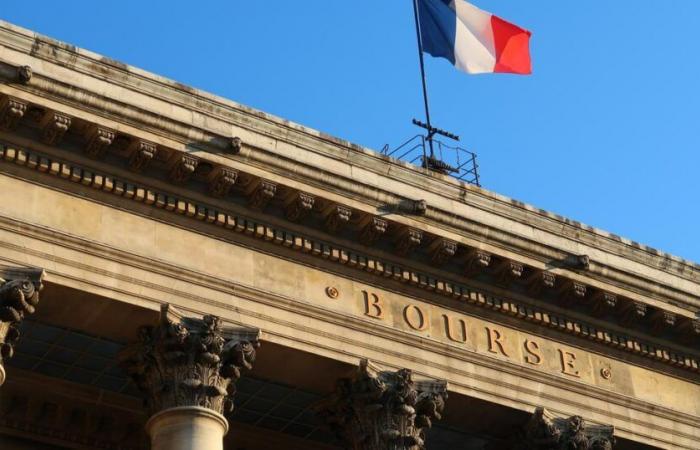
This Friday, the “spread” – the difference with the German rate – exceeded the level reached after the dissolution in June.
The government's appointment will not have had a particularly calming effect on the markets. This Friday, at the end of the morning, the yield on 10-year French government bonds stood at more than 3.2% while its German equivalent – the European reference rate – was around 2.38%. The gap, called «spread»thus slightly exceeded 0.81 percentage points, the same level as at the end of June, reached in reaction to the surprise dissolution of the National Assembly by Emmanuel Macron. This surprise political event almost doubled France's borrowing rates, which stagnated between 0.4 and 0.5 percentage points in the first half of 2024.
Skid
The «spread» is thus approaching its peak for the year 2024 at 0.87 percentage points, reached at the beginning of December when censorship (voted on December 4) had become inevitable. This rate gap constitutes an indicator of choice for measuring the confidence placed in France regarding Germany and its economic prospects. “We will be entitled to great volatility in the coming months while waiting for the implementation of the new programs of the Bayrou government and the dissolution next June, which no one doubts will take place despite the assertions of Emmanuel Macron», analyzes John Plassard, investment specialist for the Mirabaud bank. Above all, the markets do not see “how France will be able to reduce its deficit in 2025 in the current political context», he adds.
Also read
Censorship: the 2025 deficit, a mystery figure scrutinized by the markets
The French public deficit is in fact clearly slipping. It is expected this year at 6.1% of gross domestic product (GDP) according to the government and 6.2% according to Brussels, which has placed Paris under excessive deficit procedure. François Bayrou mentioned a target of around 5% (which Michel Barnier was aiming for), without further details, more than two weeks before his general policy speech. Thus, France displays the worst performance of the Twenty-Seven with the exception of Romania, and remains very far from the 3% ceiling authorized by EU rules.
France





